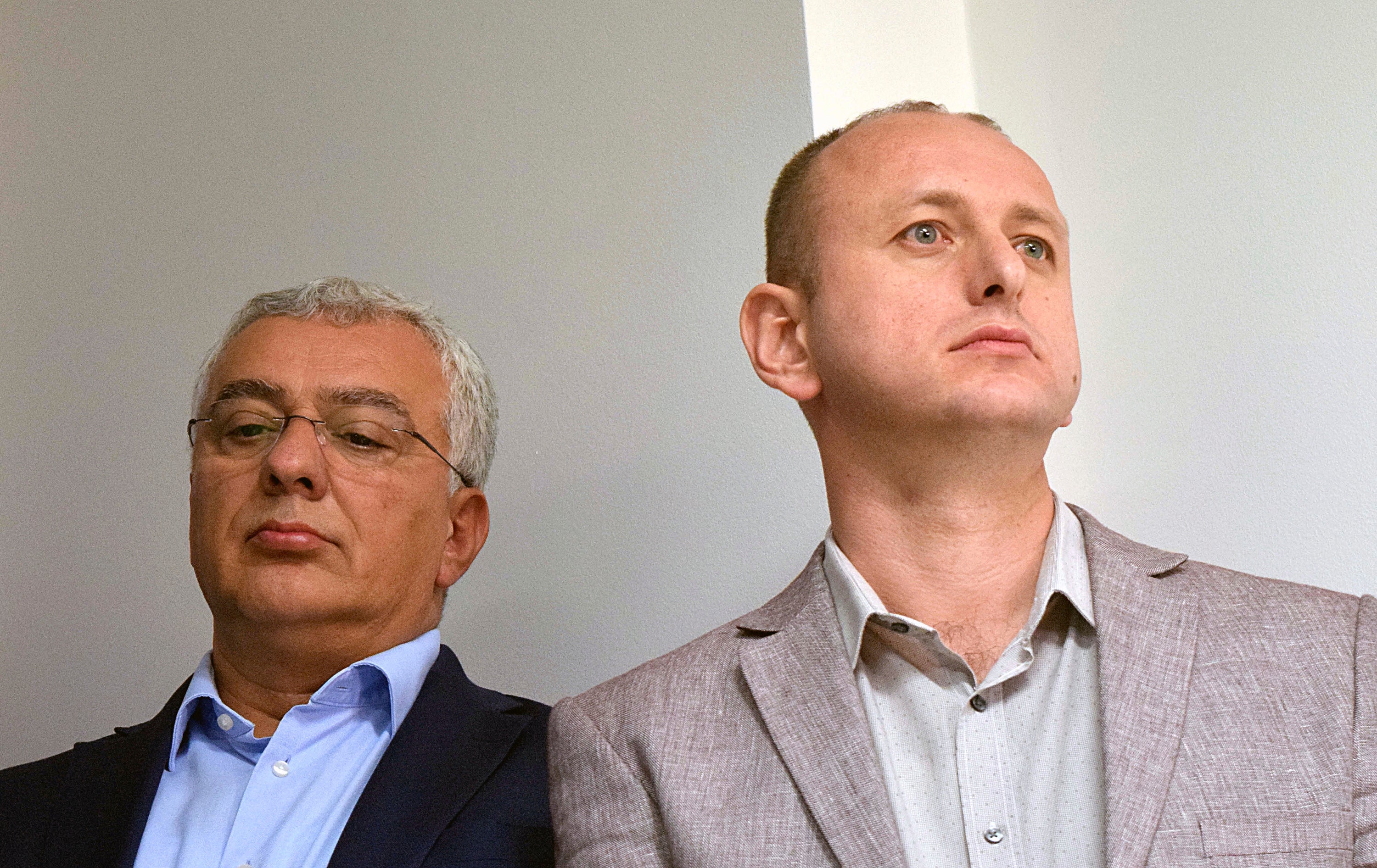Croatia declares 3 Montenegrin officials persona non grata over WWII camp genocide statement
Croatia has declared three senior Montenegrin government officials persona non grata after they led a declaration in Montenegro’s parliament stating that genocide was committed in a World War II concentration camp operated by a pro-Nazi Croatian regime at the time

Croatia on Thursday declared three senior Montenegrin government officials persona non grata after they led a declaration in Montenegro's parliament stating that genocide was committed in a World War II concentration camp operated by a pro-Nazi Croatian regime at the time.
Croatia's Foreign Ministry informed neighboring Montenegro in a diplomatic note that the country's parliament speaker, Andrija Mandic, lawmaker Milan Knezevic and Vice Premier Aleksa Becic are now unwelcome in the European Union nation.
Montenegro's parliament recently passed a declaration on “genocide” in the Jasenovac prison camp in Croatia, where tens of thousands of ethnic Serbs, Jews and anti-Nazi Croats perished during the war.
Zagreb said the passing of the resolution was “unacceptable, inappropriate and unnecessary" with the intention “not to build a culture of remembrance" but to exploit the "memory of the victims of Jasenovac for short-term political goals."
Croatia was run by a pro-Nazi puppet regime during WWII. After the war, Croatia became part of a Communist-run Yugoslavia together with several other Balkan nations, including Montenegro. Yugoslavia broke up in a war in the 1990s.
The WWII camp issue came into focus after Montenegro supported a United Nations resolution commemorating the genocide in Srebrenica, a 1995 slaughter of some 8,000 Bosniak Muslims by the Serb forces.
That resolution has angered Serbia, a country that holds considerable sway in Montenegro, where about a third of the population of 620,000 declare themselves as ethnic Serbs.
The three pro-Serb and pro-Russian Montenegrin officials then demanded that the country's parliament also pass a declaration condemning the Jasenovac massacre.
“Their actions cannot in any way be considered as well-intentioned and in good neighborly spirit, nor it is in line with Montenegro's path toward (membership) in the European Union,” said Croatia's foreign ministry statement.
Montenegro is seeking EU entry after joining NATO in 2017 in defiance of Russia and Serbia. This week Montenegro reshuffled its pro-EU government to include pro-Serb and pro-Russia parties, which sparked U.S. concerns.
Bookmark popover
Removed from bookmarks